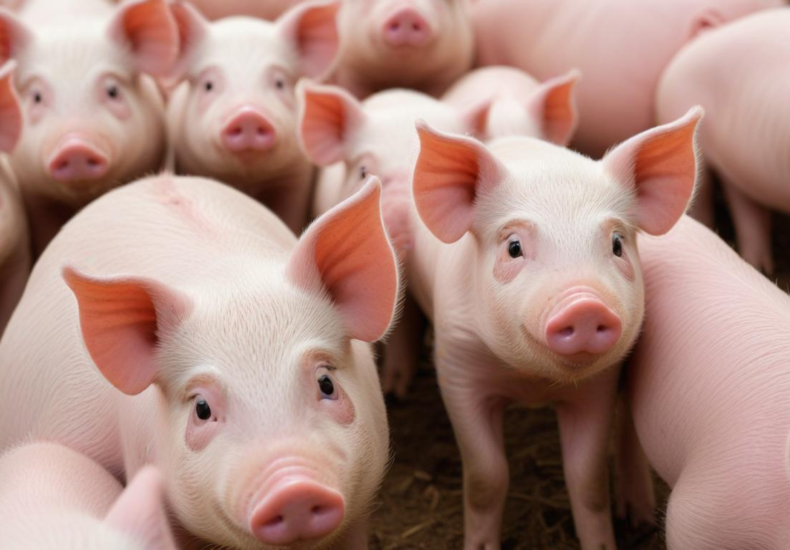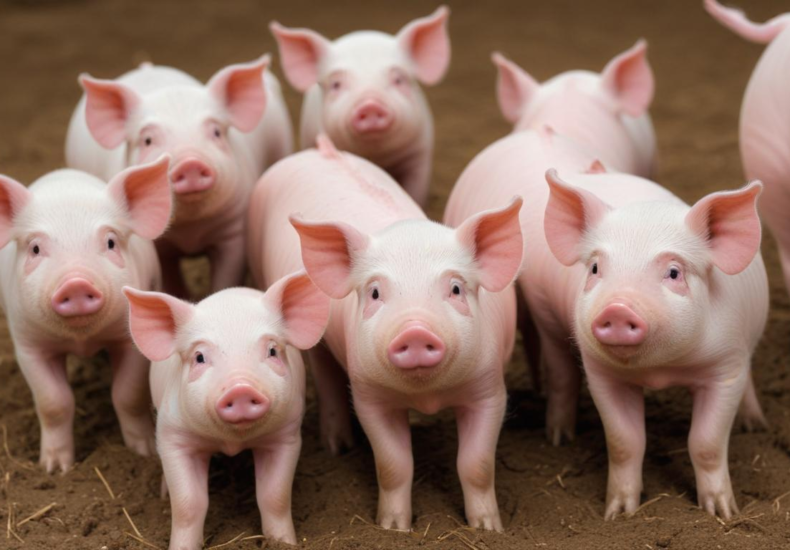Tag: advancements
how biotechnology aids pig genetic research
The integration of biotechnology in pig genetics is reshaping swine production, enhancing traits such as growth rates, feed efficiency, and disease resistance. Utilizing advanced techniques like genome sequencing and CRISPR technology, researchers are moving beyond traditional breeding methods to develop pigs that can better withstand environmental challenges and genetic diseases. This innovative approach promises to improve overall pork production efficiency while addressing critical concerns in animal welfare and global food security. As advancements continue, the future of pig breeding looks towards sustainability and enhanced productivity.
advancements in pig genetics for better reproduction
Recent advancements in pig genetics are reshaping breeding strategies, enhancing reproductive efficiency and herd health. Groundbreaking technologies like genomic selection and SNP analysis enable precise identification of traits such as litter size and fertility rates, promoting healthier and more productive pigs. As artificial intelligence and data analytics integrate into breeding practices, producers can make informed decisions that align with sustainability goals. The future of swine genetics promises not only increased profitability but also a profound shift towards more resilient and environmentally friendly farming methods.
the future of pig genetics and reproduction
The advancement of genomics and reproductive technologies in pig breeding marks a transformative shift in the swine industry. Innovations such as genomic selection, artificial insemination, and gene editing are revolutionizing trait enhancement, improving growth rates, disease resistance, and overall animal welfare. As breeders leverage these tools, they face both exciting opportunities and ethical considerations. The future promises a balance between productivity and sustainability, with implications that may redefine the market landscape and shape the very essence of livestock farming. Discover how these developments could reshape the future of pig breeding.
Archives
Calendar
| M | T | W | T | F | S | S |
|---|---|---|---|---|---|---|
| 1 | ||||||
| 2 | 3 | 4 | 5 | 6 | 7 | 8 |
| 9 | 10 | 11 | 12 | 13 | 14 | 15 |
| 16 | 17 | 18 | 19 | 20 | 21 | 22 |
| 23 | 24 | 25 | 26 | 27 | 28 | |


